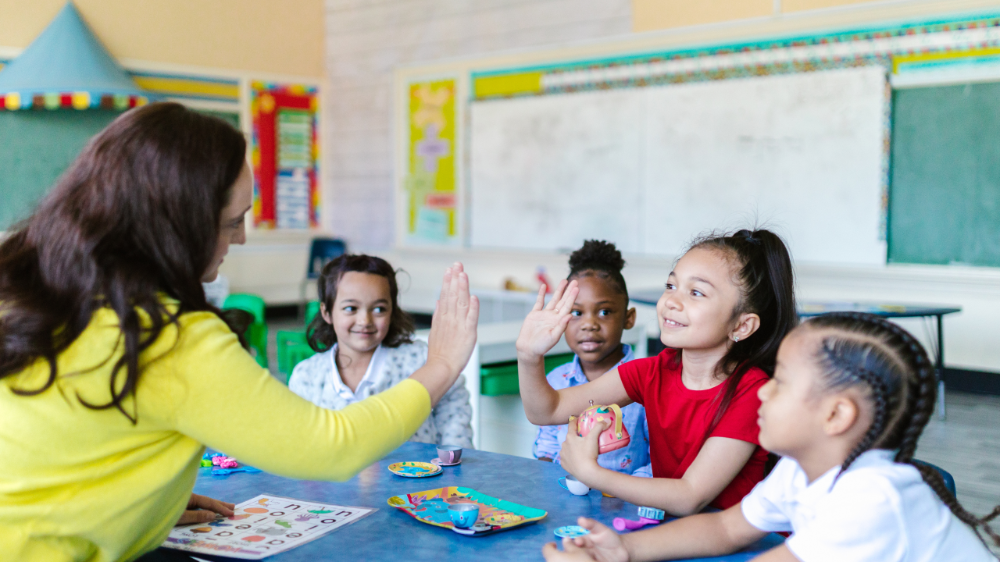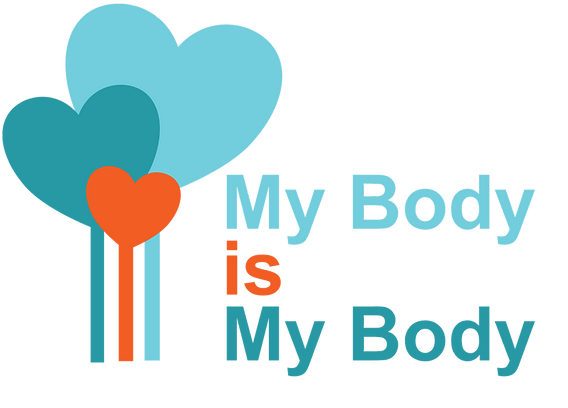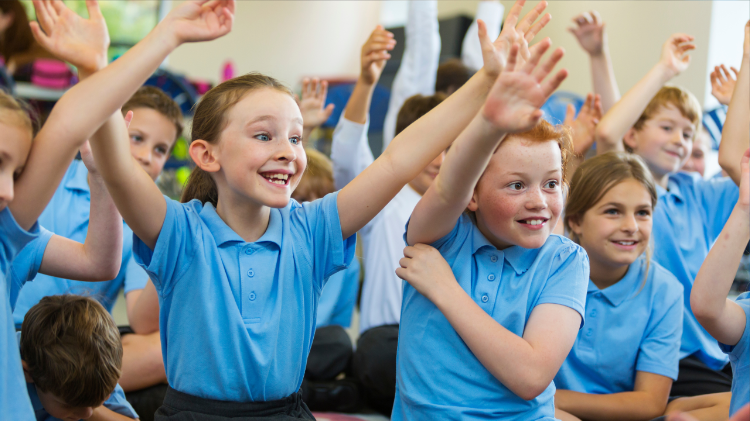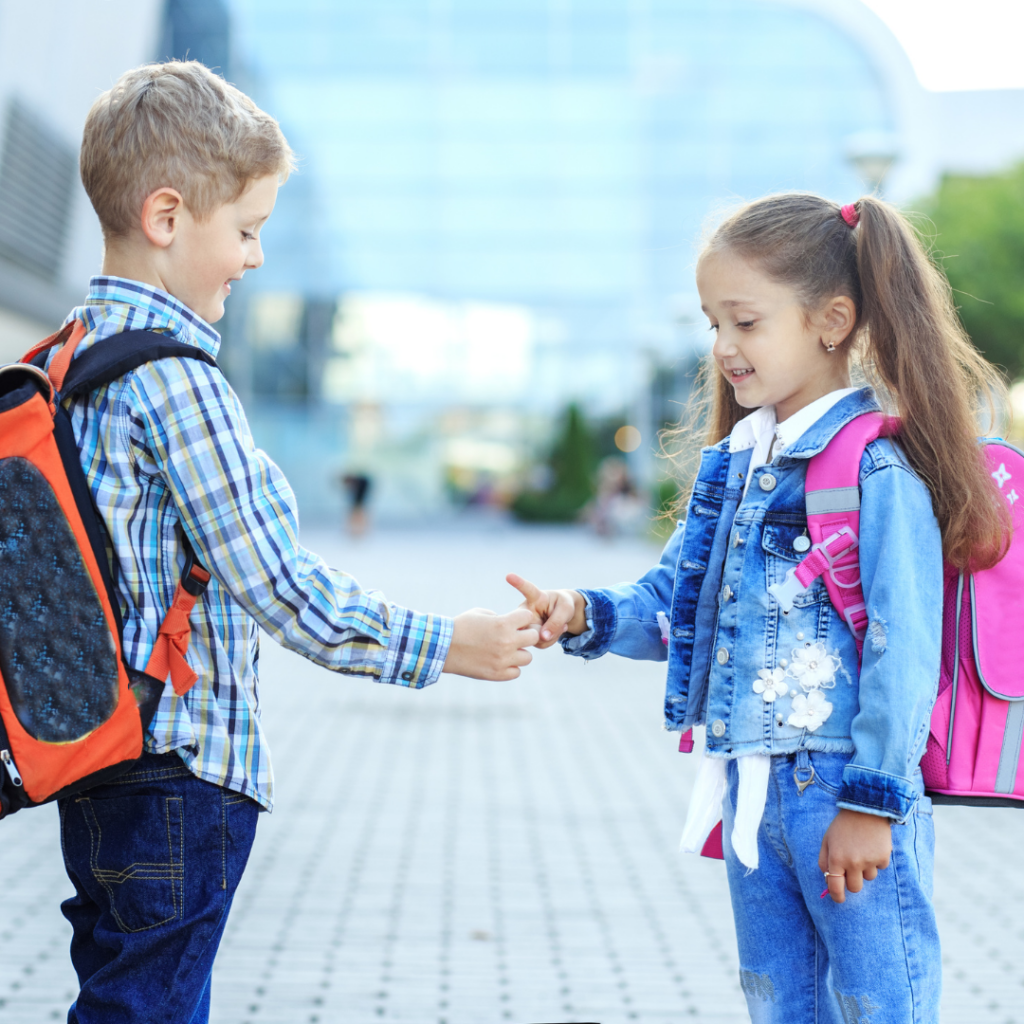Empowering Children through the My Body Is My Body Programme: A Complement to the PSHE Curriculum

Adding the My Body is My Body Programme to the PSHE curriculum greatly helps children become informed and resilient. Child safety and well-being are crucial today’s world. Educational initiatives are key in giving children knowledge, skills, and confidence. The My Body Is My Body Programme stands out in this area. It offers an innovative approach to child safety education.
My Body is My Body Programme
Bridging Gaps in the PSHE Curriculum
The PSHE education planning framework for pupils is comprehensive, addressing critical areas of development such as self-awareness, self-care, managing feelings, changing and growing, healthy lifestyles, and understanding the world. However, the musical approach of the MBIMB Programme adds a unique layer of engagement and understanding, particularly in topics related to body safety, emotional literacy, and personal empowerment.
Strength in Simplicity and Engagement
One of the most compelling attributes of the MBIMB Programme is its simplicity. Age-appropriate music, activities, and animated videos make complex and sensitive topics accessible to children.This approach not only enhances understanding but also retention of critical safety messages. When children learn about their bodies, feelings, and the right to feel safe in an engaging manner, they’re more likely to internalize these lessons and apply them in real-life situations.
Complementing SEND Education
Children with SEND require education that is adaptive, inclusive, and sensitive to their unique learning needs. The MBIMB Programme’s versatility makes it a perfect complement to the PSHE curriculum for these children. Its visual and auditory elements, combined with repetitive and catchy music, cater to a wide range of learning preferences and needs. This ensures no child is left behind in learning about their safety and well-being.
Empowering Voices
Empowerment is at the heart of the MBIMB Programme. This program effectively teaches children not just to understand their rights to privacy and safety, but also to speak up confidently when they feel uncomfortable or unsafe. This empowerment is critical, aligning with the PSHE framework’s emphasis on developing autonomy, making informed decisions, and fostering positive relationships.
A Call to Action for Educators and Parents
Integrating the MBIMB Programme into the PSHE curriculum is an added commitment to child safety and well-being. We encourage educators and parents alike to explore and embrace this program. Leveraging its resources to enrich the existing curriculum to the fullest. It’s an opportunity to engage children in meaningful conversations and equip them with essential life skills.
The My Body Is My Body Programme is a vital enrichment that brings the PSHE curriculum to life. By integrating this programme, educators can provide a more rounded and impactful educational experience. You can also tailor this programme to meet the needs of children with SEND. It’s a step towards a safer, more understanding world for our children. A world where they feel valued, protected, and empowered to protect themselves.

Personal, Social, Health and Economic (PSHE) education in the UK plays a crucial role in developing the knowledge, skills, and attributes pupils need to manage many of the moral, social, and cultural issues they face as they grow up. Different countries have their own versions of PSHE, tailored to their specific cultural, social, and educational needs. Here’s a look at what similar programs are called around the world:
United States
In the USA, the equivalent is often referred to as Health Education or Social Emotional Learning (SEL). These programs focus on building skills and competencies to handle social interactions, emotional management, and decision-making, alongside health topics similar to those covered in PSHE.
Canada
Canada’s approach is similar to that of the United States, often under the umbrella of Health and Physical Education, which includes components of social, emotional, and mental health education.
Europe
Across Europe, the terminology and structure can vary significantly:
- In Germany, it’s part of Sozialkunde or social studies, which also includes civic education.
- In France, l’éducation civique (civic education) covers many of these aspects, focusing on rights, responsibilities, and health.
- Sweden has a broad curriculum that includes Life Skills education, focusing on similar areas as PSHE.
Asia
Asian approaches can vary widely:
- Japan has moral education classes, which include lessons on social behavior, ethics, and personal well-being.
- India utilizes Value Education or Life Skills Education, which incorporates personal hygiene, emotional development, and social responsibilities.
Africa
In African countries, the approach to this type of education varies widely, often depending on resources available:
- South Africa has Life Orientation, which covers health, social, environmental, and personal development.
- In Nigeria, it’s incorporated into the broader curriculum under subjects like Civic Education and Social Studies.
South America
In South American countries, there’s often a focus on Formación Ciudadana (citizen training) or Educación Cívica, which includes elements of PSHE by focusing on citizenship, rights, health, and sometimes environmental education.
- Brazil refers to it as part of the broader Ensino Religioso (religious education) and Educação Moral e Cívica (moral and civic education).
These programs, while varying in focus and depth, share a common goal with the UK’s PSHE: to equip young people with the knowledge and skills to make safe, informed decisions throughout their lives, and to understand themselves better in relation to their communities and society at large.





Responses